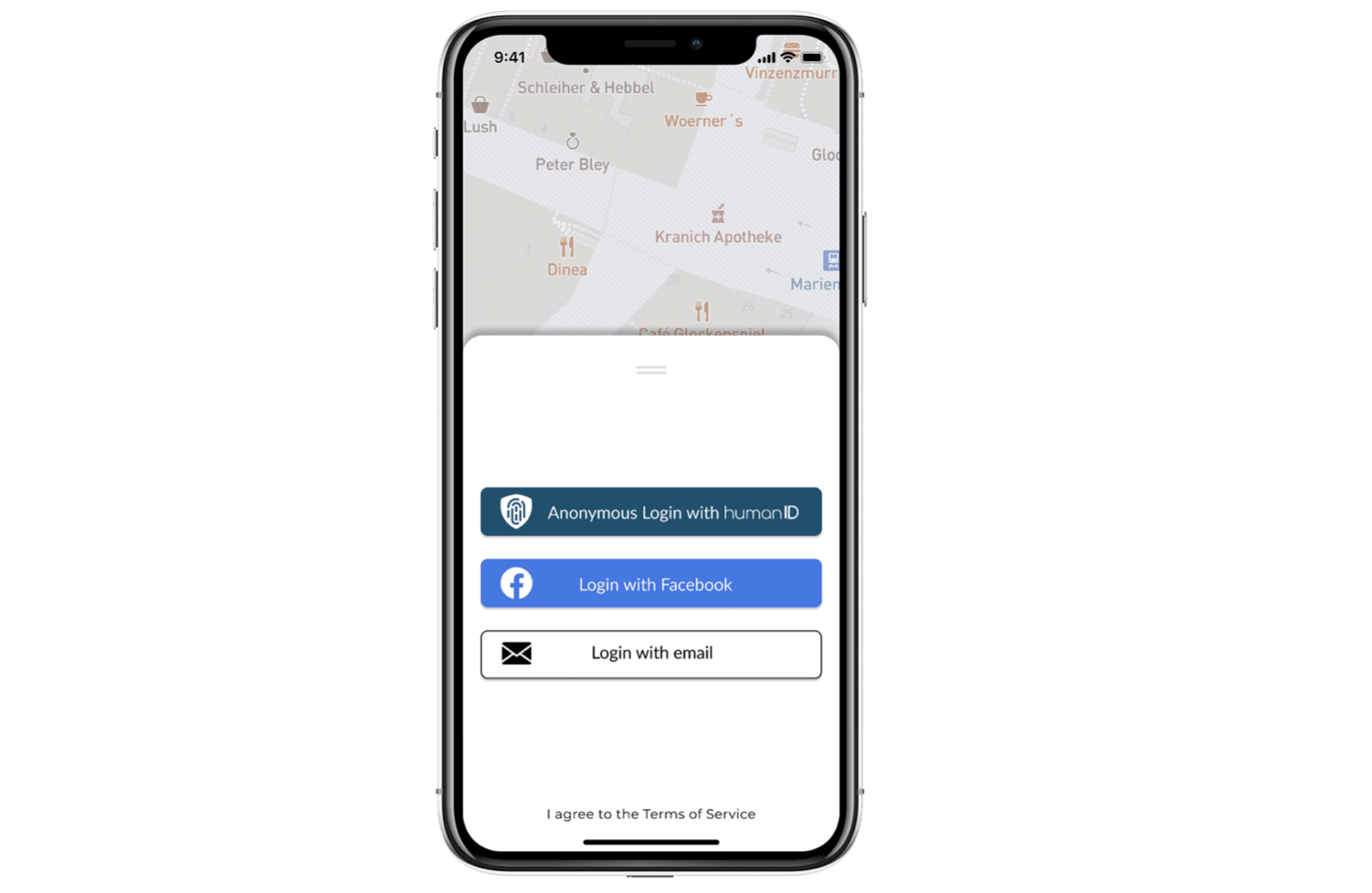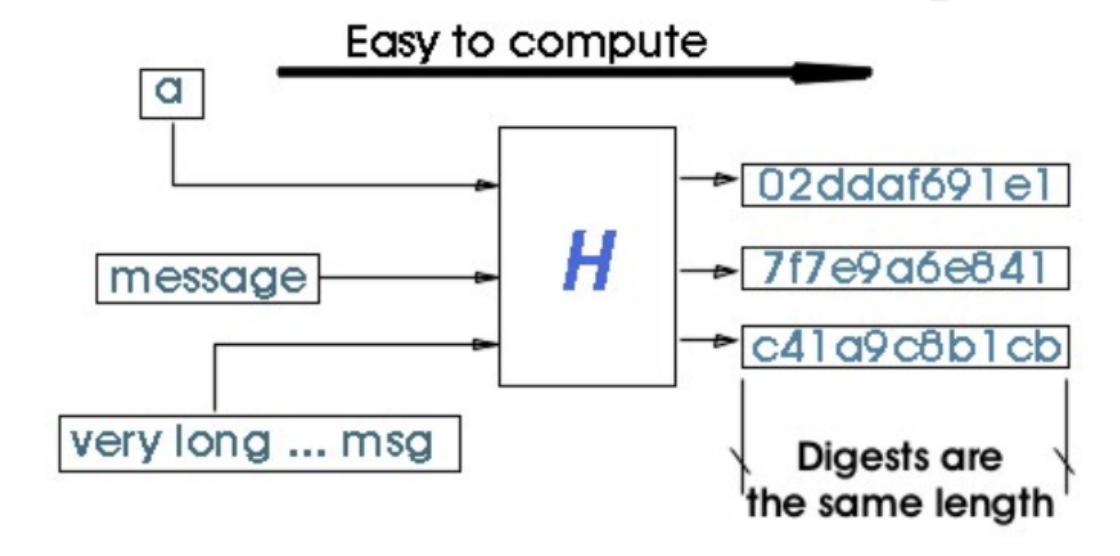How Truly Anonymous Login Protects Users
By Christopher Fryzel
March 29, 2021
Even though a truly anonymous authentication system conceals user data better than any other login method, traditional media and social media have been reluctant to implement it. Many users interact with and value anonymity instinctively; the calculator app on smart phones is anonymous, but it still saves the user’s data, such as the history of their calculations. Another anonymous app is the compass, which stores the user’s location and other information; the app does not track their personal data. Anonymity keeps personal information, including identity, private while retaining functionality for the user.
What is truly anonymous login?
Truly anonymous login is an authentication method that does not require any personal data of the user to be stored. Anonymous login is used more often because it encompasses more varying degrees of anonymity: from having a pseudonym (on platforms such as Reddit) or limited anonymity, where some user data is saved and stored. Most traditional social media platforms, such as Facebook or Instagram, don’t use any level of anonymous authentication, and some have even considered and decided against such a system. There are some social media that pride themselves on being anonymous, though. Examples of such apps include Yik Yak and Secret, which allow users to post and remain unnamed. Even though Yik Yak and secret are considerably more dedicated to preserving user anonymity than their competitors, they still require email addresses, phone numbers, and other personal information to register.

Source
Why is truly anonymous login important?
Truly anonymous versions of authentication hold the highest standards for user privacy and protection. Privacy is important because Internet users value it more than ever, with GlobalWebIndex indicating that 26% of internet users throughout the world have used a VPN. Moreover, 79% of Americans are concerned about how their data is being used by companies. Users are right to be afraid, with data breaches happening to even the most powerful social media companies; more than 200 million users’ data was compromised on Facebook, Instagram, and LinkedIn in a recent breach. These issues are both remedied by anonymity, and truly anonymous login provides an even better solution. Anonymity is also beneficial because it supports creativity and marginalized voices without risking harm to their reputations or person. Ideas and thoughts are considered for what they are, not for the reputation of the person who is saying or posting them. For example, the app Memo gives employees the opportunity to give their anonymous input and feedback without having to worry about retribution.
How do truly anonymous sign-ons hide data?
By implementing truly anonymous login on their platforms, companies can protect user data by simply not having any data to steal. For example, humanID uses a hash function to encrypt phone numbers in a way that cannot be reversed. Hashing applies an algorithm to the phone number and transforms it into a very long, random jumble of letters and numbers. This link provides an example of a hash. The same message will always generate the same “hash”, or jumble of letters and numbers, but it’s impossible to get back to the original message simply by looking at the hash. Then the user’s phone number is deleted. To completely preserve user anonymity, humanID does not keep or store any additional data. This method can be contrasted with the sign-on system of anonymous apps, as in those apps user data is kept and stored in a database. Thus, the other authentication systems are not truly anonymous. Even though anonymity does provide privacy for users, there are drawbacks to anonymity.

Source
How can the drawbacks of anonymity be addressed?
The primary disadvantage of anonymity includes a lack of user accountability. This encompasses the potential of online abuse and lying going unpunished or unnoticed, respectively. To address online abuse such as trolling and spamming, moderators block and ban anonymous abusers. Twitter had an especially difficult time with this previously, as bullies were able to get away with trolling others. This type of speech can be prevented from being posted at all with automatic censoring technology. Anonymous users that spread misinformation and malicious content would then have their privileges revoked for the organization or system that they are involved in. For example, on Reddit — a site with anonymity limited to a pseudonym — entire communities have been banned for their behavior.
Overall, truly anonymous login adds privacy and security for personal data. Along these lines, anonymity protects users from harm to their reputation; ideas and thoughts that are posted cannot harm a user. What’s more, users value the benefits of anonymity and enjoy the protection that accompanies it. There are some drawbacks to anonymous authentication, but they can be addressed by organizations that implement such a system through moderation and more. Keeping all this in mind, those looking to log in anonymously should be aware of what personal information they have to share with sites that they register for, and note how that information is stored. From a business perspective, companies should look to implement truly anonymous login to enhance their user safety and privacy. Organizations that wish to best protect their users should model truly anonymous sign-on systems, such as the one developed by humanID.
